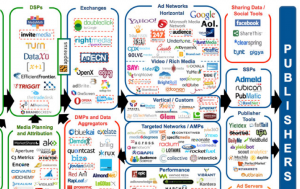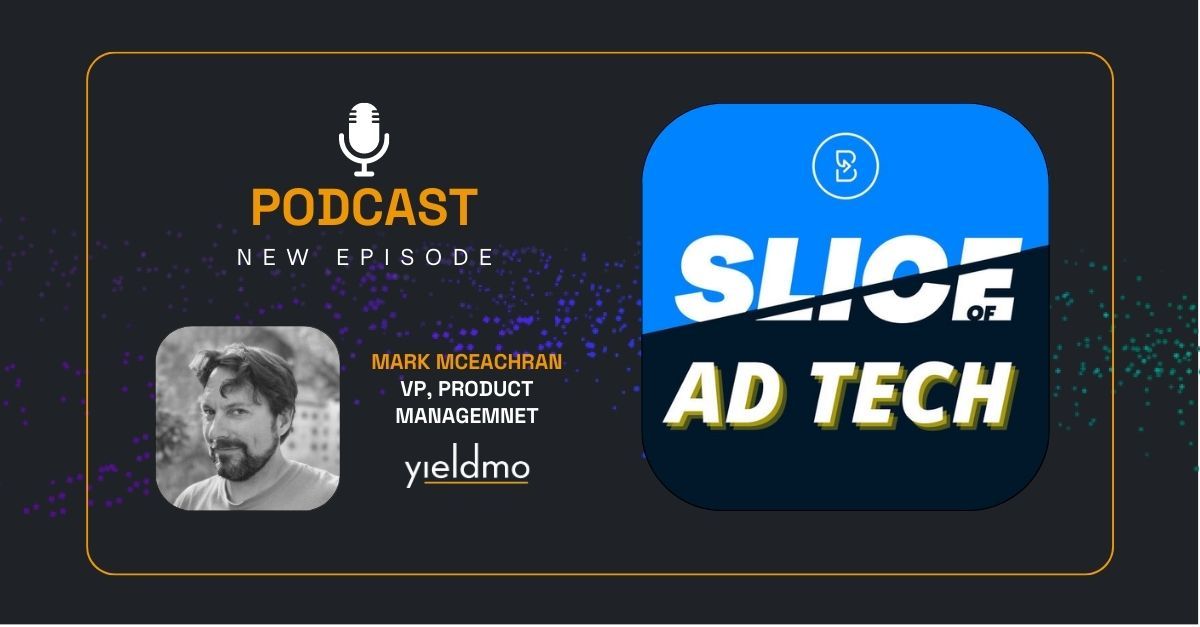This post is getting old and might not be as relevant today. If you are looking for information on Google’s Exchange Bidding program you might check out this question on Quora.
I am not clear if SSP send a impression to a ad exchange and get ad from it, and how it works? I know ad exchange send a request to DSP then DSP send back response. But how SSP work with adx?
This question was asked on quora, below is my answer.

Luma creates two distinct categories. One for Exchanges and another for SSPs.
In its purest form an SSP would only send bid requests to DSPs. Google’s Ad Exchange actually behaves like an SSP in this regard. The Ad Exchange, however, does not behave like a DSP. It does not receive bids from SSPs, nor would it bid on them if it did. Ad Exchange receives inventory via a traditional ad request using an ad tag.
Online advertising has very few companies filling a single role, such as the role of SSP. Most SSPs are also in the yield optimization business. In cases where a yield optimization platform runs an impression through their SSP technology and doesn’t receive a bid that wins the impression, it’s possible that the impression may be sent to Google’s Ad Exchange via an ad tag redirect.
In some cases the publisher may even be responsible for such an occurrence. The publisher might have a pass-back tag set up with their SSP which, in the event that there’s no winning bid, redirects traffic back to the publishers adserver which, in turn, would redirect the impression to Google.
Google does have DSP technology, but it’s not AdEx. It acquired a DSP company called Invite Media in 2010.
Save
Save
Save









